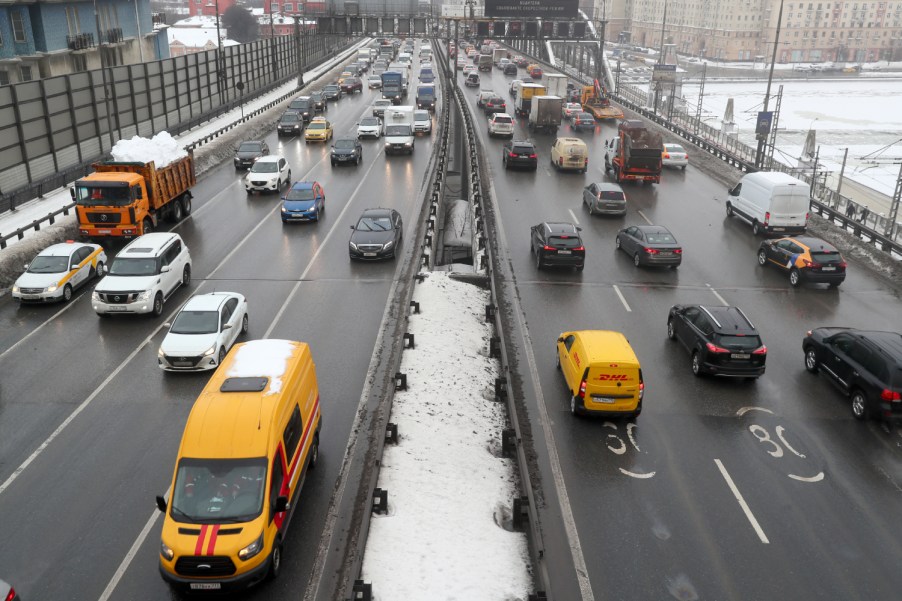
Why Are Recall Announcements Being Delayed by Automakers?
Recalls are a black mark on any manufacturer’s name, but it’s not the end of the world. It happens to every manufacturer. However, some models might catch a few more than others, like the Ford Explorer. It stands to reason that manufacturers would want their bad news to be as quiet and harmless to the bottom line as possible. Still, a new study suggests that automakers have been waiting to announce their recalls until competitors announce theirs or other big news happens. The goal seems to be to have any bad press be buried.
Automakers hope recalls can “Hide in the Herd”
It can often feel like when one product gets recalled, like 50 others come out simultaneously. Car and Driver reports that an academic group conducted a study on this phenomenon called “recall clustering.”

The study showed that this was far less of a phenomenon than it seemed. This clustering was a very intentional marketing/optics ploy. The idea is that if a manufacturer waits to announce recalls until other automakers announce theirs, then the bad PR won’t bring as much attention. The announcement of a recall can have direct and usually negative effects on the manufacturer’s stock prices.
The recall study
According to Car and Driver, the study “Hiding in the Herd: The Product Recall Clustering Phenomenon” looked at 3117 different automotive recalls over the span of 48 years. The sample period was from 1966-2013. The study found that 73 percent of all automotive recalls were announced in groups.

The study also found that the “clusters” lasted for an average of 34 days. Over the 34 days, 7.6 percent would be announced. Here is the point, though; for every cluster, the manufacturer that kicked off a cluster experienced an average of 67 percent larger hit to stock prices than the others who announced in the same cluster but after the initial announcement. It looks like clustering works.
Timing is everything
Jason Miller, an associate professor of supply chain management at Michigan State University and an author of the paper featured in the study, said, “I think that this study has raised awareness of something that previously was not recognized both in academia as well as in industry, that there [is] this temporal clustering of recalls.” He goes on to say, “The general public doesn’t realize that it is often not clear cut on whether [automakers] should have announced a recall or not.”
Car and Driver explain that the study focused on six major automakers whose stocks are traded publicly in America: GM, Toyota, Nissan, Ford, Chrysler, and Honda. The study showed that of all those companies, only 9 percent were leading the clusters.
If you look at the amount of time that the study examined, you’ll notice that many major companies between 1966-2013 had shuttered in that time period. Obviously, recalls are the only thing that contributes to a company succeeding or failing. However, it is interesting to see the ones who held back on recalls still being major players today. The study shows that Toyota was an exception, with 31 percent of recalls leading a recall cluster.
What role does the National Highway Traffic Safety Administration?
The researchers noticed the problem here, and they suggested that the manufacturer be required to disclose the specific date that they noticed the recall issue and report it to the NHTSA.
Recalls are regulated, but it would seem that there is still wiggle room for when certain recalls can be announced. Car and Driver asked for a comment on this, and the NHTSA said, “The National Highway Traffic Safety Administration reviews all recall reports for possible concerns, including timeliness concerns, and follows up with the manufacturer for additional information, where needed.”



